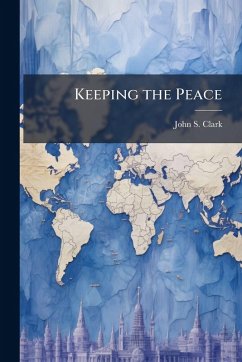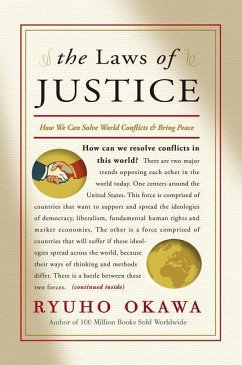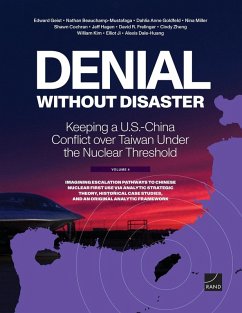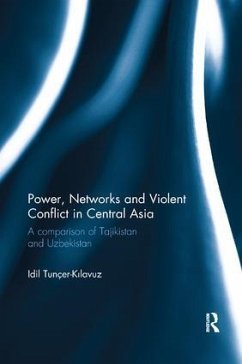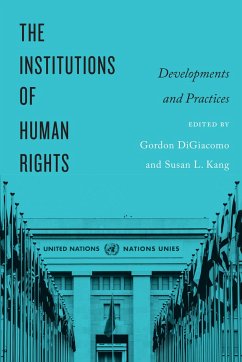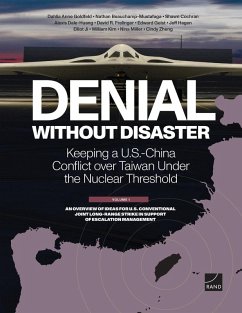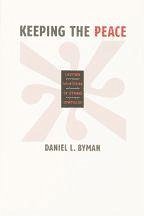
Keeping the Peace
Lasting Solutions to Ethnic Conflicts
Versandkostenfrei!
Versandfertig in über 4 Wochen
32,99 €
inkl. MwSt.

PAYBACK Punkte
16 °P sammeln!
What strategies can a government use to end violent ethnic conflicts in the long term? Under what conditions do these strategies work best, and what are their limitations? Are there some ethnic conflicts that governments simply cannot solve? Drawing on an intimate knowledge of the Middle East as well as the experiences of trouble spots in Asia, Africa, and Europe, political scientist and RAND analyst Daniel Byman examines how government policies can affect--and, in some cases, prevent--the recurrence of violent ethnic conflict. Byman identifies and describes five key strategies: coercing grou...
What strategies can a government use to end violent ethnic conflicts in the long term? Under what conditions do these strategies work best, and what are their limitations? Are there some ethnic conflicts that governments simply cannot solve? Drawing on an intimate knowledge of the Middle East as well as the experiences of trouble spots in Asia, Africa, and Europe, political scientist and RAND analyst Daniel Byman examines how government policies can affect--and, in some cases, prevent--the recurrence of violent ethnic conflict. Byman identifies and describes five key strategies: coercing groups and leaders, coopting key elites, changing group identities, implementing power sharing systems, and partitioning states. After weighing the strengths and weaknesses of each of these internal solutions, he also considers the benefits and risks of outside intervention. But Byman's prescription is tempered with realism. "Even under the best circumstances," he concludes, "no single strategy is sufficient to keep the peace after a bloody ethnic war. Only the optimal combination of multiple strategies, implemented in the proper sequence, will ensure success."



